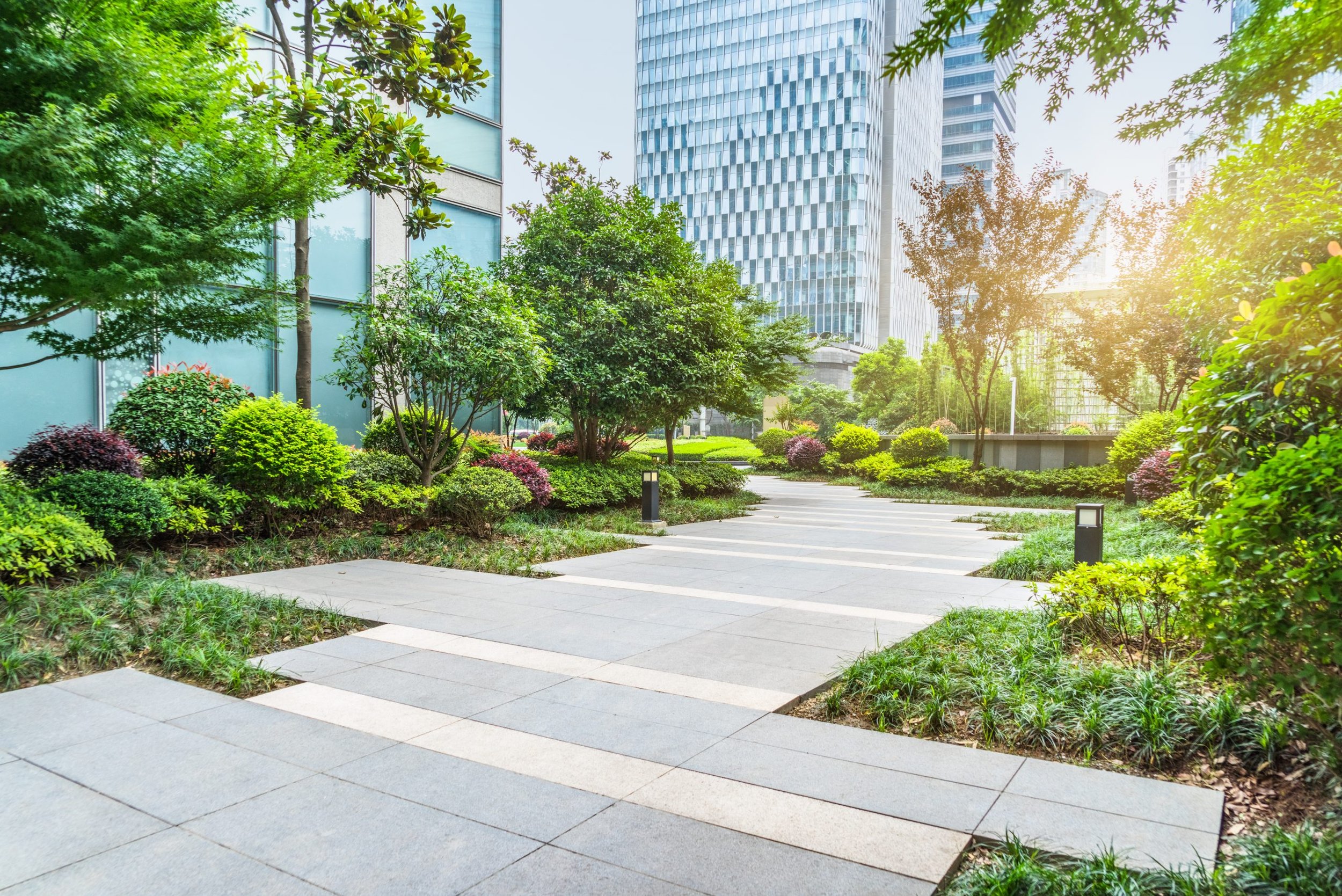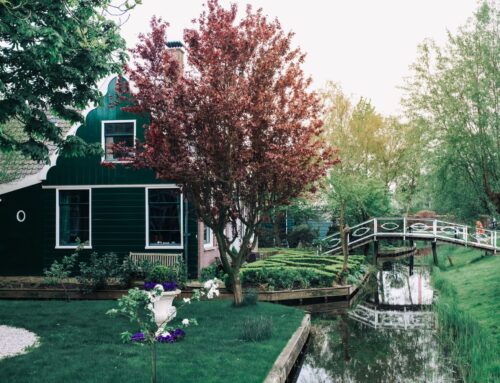Sustainable landscaping is an environmentally friendly approach to designing and maintaining outdoor spaces. At Harris Landscapes, we are committed to creating sustainable landscapes that promote a healthy ecosystem and reduce environmental impact. Understanding the importance of sustainable landscaping can help you create a beautiful and eco-friendly outdoor space.
What is Sustainable Landscaping?
Sustainable landscaping involves using environmentally friendly practices to design, install, and maintain outdoor spaces. This includes using native plants, conserving water, reducing waste, and supporting local wildlife. The goal of sustainable landscaping is to create a healthy and balanced ecosystem that benefits both people and the environment.
Benefits of Sustainable Landscaping
- Environmental Protection: Sustainable landscaping practices protect the environment by reducing the use of harmful chemicals, conserving water, and promoting biodiversity. This helps maintain a healthy ecosystem and supports local wildlife.
- Water Conservation: Sustainable landscaping uses water-efficient practices such as xeriscaping, drip irrigation, and rainwater harvesting to reduce water consumption. This is especially important in areas with limited water resources.
- Reduced Maintenance: Sustainable landscapes are designed to be low-maintenance, reducing the need for frequent watering, mowing, and chemical treatments. This saves time and resources while promoting a healthier environment.
- Improved Soil Health: Sustainable landscaping practices such as composting, mulching, and using organic fertilizers improve soil health and fertility. Healthy soil supports strong plant growth and reduces the need for chemical inputs.
- Climate Resilience: Sustainable landscapes are designed to be resilient to changing climate conditions, such as droughts, floods, and temperature extremes. This ensures that your landscape remains healthy and attractive in the face of environmental challenges.
Key Practices in Sustainable Landscaping
- Native Plant Selection: Using native plants is a key component of sustainable landscaping. Native plants are adapted to the local climate and soil conditions, making them more resilient and requiring less water and maintenance.
- Water-Efficient Irrigation: Water-efficient irrigation practices such as drip irrigation and rainwater harvesting reduce water consumption and ensure that plants receive the right amount of water. Proper irrigation design also prevents water waste and runoff.
- Soil Health Management: Improving soil health is essential for sustainable landscaping. This includes using organic fertilizers, composting, and mulching to enhance soil fertility and structure. Healthy soil supports strong plant growth and reduces the need for chemical inputs.
- Integrated Pest Management (IPM): IPM is an environmentally friendly approach to pest control that uses a combination of cultural, biological, and mechanical methods to manage pests. This reduces the need for chemical pesticides and promotes a healthy ecosystem.
- Waste Reduction: Sustainable landscaping practices aim to reduce waste by composting yard waste, using recycled materials, and minimizing the use of non-renewable resources. This helps reduce the environmental impact and promotes a circular economy.
- Support for Wildlife: Sustainable landscapes provide habitat and food sources for local wildlife, such as birds, bees, and butterflies. This promotes biodiversity and supports a healthy ecosystem.
The Role of Professional Landscapers in Sustainable Landscaping
Professional landscapers play a crucial role in creating and maintaining sustainable landscapes. Here are some benefits of working with a professional landscaper:
- Expert Knowledge: Professional landscapers have the knowledge and experience to design and implement sustainable landscaping practices. They understand the principles of ecology, horticulture, and sustainability.
- Customized Solutions: Professional landscapers create customized designs that meet your specific needs and preferences. They work with you to understand your goals and create a sustainable plan that reflects your vision.
- Access to Resources: Professional landscapers have access to a wide range of resources, including high-quality plants, materials, and equipment. This ensures that your landscape is built to the highest standards.
- Project Management: Professional landscapers manage all aspects of the project, from the initial design to the final installation. This ensures that the project is completed on time and within budget.
- Ongoing Maintenance: Professional landscapers provide ongoing maintenance services to ensure that your landscape remains healthy and sustainable. This includes regular monitoring, pruning, fertilizing, and pest management.
Conclusion
Sustainable landscaping is an environmentally friendly approach to designing and maintaining outdoor spaces. At Harris Landscapes, we are committed to creating sustainable landscapes that promote a healthy ecosystem and reduce environmental impact. Contact us today to learn more about our sustainable landscaping services and how we can help you create a beautiful and eco-friendly outdoor space.





